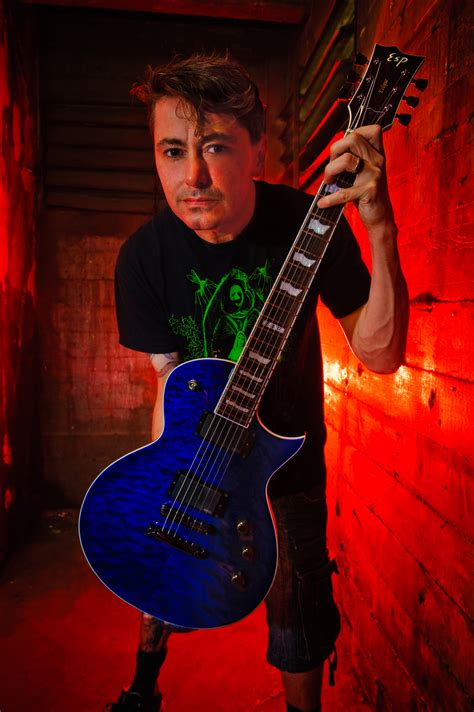
Before the internet, the hypnotic vibration of instant, momentary notoriety meant little to most musicians. The early influencers of popular culture came up the hard way—they struggled, they persisted, and they persevered. Before YouTube and Bandcamp, paying your dues meant rehearsing in musty garages. It meant dragging your cumbersome musical equipment to nightclubs, gradually, sometimes painstakingly building an audience. You made dismal demo tapes before finally recording your music in a studio. And then you crammed your gear into a van, driving for days and days on end, playing other cities, attempting to establish yourself enough not to need a day job. Theirs was the path of greatest resistance, and when you listened to their music you felt a deeper connection to it because it showed you what being human felt like. What struggle and pain and disappointment felt like. Their music showcased the tribulations, turmoil, and imbalance with which musicians contend every day. Like the blues, underground music provides listeners with a guided tour of adversity, upheaval, inspiration, and catharsis.
Prolific guitarist, Mitch Harris is intimately familiar with upheaval and catharsis. As a teenager in Las Vegas, he spent the mid-80s playing in a local hardcore-metal band called the Righteous Pigs. An active member of the underground music community, Harris became friends and pen pals with like-minded musicians worldwide. Pen pals in the 1980s didn’t email MP3s to one another. Instead, they stood in line at the post office, watching a dusty old clock on the wall tick the seconds by in slow motion as they waited for the chance to affix a handful of stamps to a padded envelope. If they were snail mailing music to friends in other countries it wasn’t uncommon to wait weeks for a response.
In 1989, after a few years of back-and-forth tape trading, Harris’s friends in England asked him to move to Birmingham and join their band, Napalm Death. Harris performed more than 4,000 times with the burgeoning legends of hardcore noise, shaking the foundations of concert halls everywhere. Napalm Death performed across Europe and Asia, the U.S., and South America. They also played in the Soviet Union before the fall of communism and South Africa near the end of Apartheid. It’s customary for Napalm to spend three years touring to promote an album—and during his twenty-six years with the band, Harris recorded dozens of studio albums, compilations, concert recordings, split-releases, videos, and radio sessions. With the band living together off-tour, Napalm quickly became a family. “Our relationship has lasted longer than many marriages,” Harris says.
When his father fell ill in 2014, Harris booked a temporary return to Las Vegas. But his father died the day he arrived. Harris took a break from the band to care for his mother, readjusting to life back home. When his mother died, Harris thought long and hard about the future.
Over the past few years, Napalm Death performed without their guitar player, maintaining that Harris is “on hiatus” from the band. Meanwhile, back in Vegas, Harris continued writing and recording on his own. In 2018, he connected with virtuoso drummer Dirk Verbeuren, recording an album’s worth of material for a project called Brave The Cold. Immediately afterward, Harris returned to England to record guitars for Napalm’s newest album. It was his mother’s dying wish that Harris pursued both avenues, and Brave The Cold’s Scarcity finally saw the light of day in 2020. By chance, Napalm Death’s newest record, Throes of Joy in the Jaws of Defeatism, came out almost simultaneously.
The devastating, animalistic, somehow prophetic ferocity of Scarcity and Throes of Joy makes them the most compelling music to radiate from the smoking ruins of 2020, a year overshadowed by political chaos and the possibility of a pandemic depression.
I asked Harris what he sees for the future of his profession in the aftermath of COVID-19. “The music industry and the live events predicament will take years to recover,” he says, “if ever.” But he’s optimistic. Music endures as his lighthouse, his sanctuary, his never-ending obsession. No doubt, Harris is probably already hard at work on something new. Asked whether or not he’ll return to working full-time with Napalm Death, Harris calls them his family and says he feels only love for the band. One can only hope they reconnect permanently one day.
